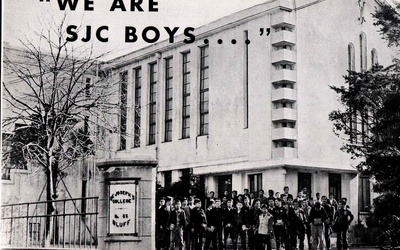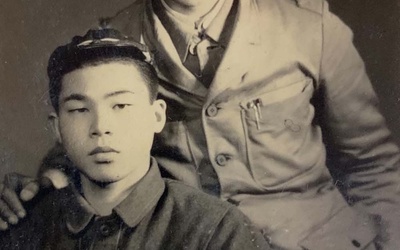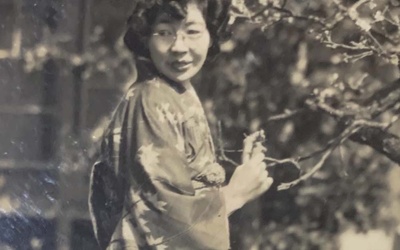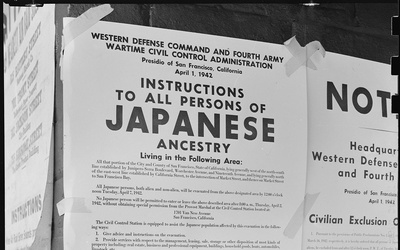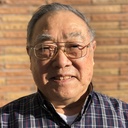
Robert H. Kono
Robert H. Kono was born in 1932, and was incarcerated in concentration camps as a child with his mother during World War II, while his father was arrested by the FBI and sent elsewhere. The family repatriated to war-torn Japan in 1946. He returned to the United States after 13 years, married, and completed his college education at the University of Washington where he earned a B.A. in English, Advanced Writing, and was elected to Phi Beta Kappa. He taught briefly at the university level before embarking on a career as a writer. He has written a number of works in fiction, which can be found at rhkohno.com. He is a widower with two sons and six grandchildren who live in Oregon and Utah.
Stories from This Author
My school years at St. Joseph College and work at CIA
Sept. 19, 2021 • Robert H. Kono
My move from the boonies of Shikoku to the Tokyo-Yokohama area took place in 1950 after I graduated from Japanese middle school (shinsei chugakko). My father rented a house in Hiyoshi, Kohoku-ku, Yokohama; Keio University was just beyond the tracks. Sakuragicho, the end of the Toyoko Line, was a forty-minute ride away and from there I got on a streetcar to take me to Motomachi. I climbed the long steps up the bluff to get to St. Joseph College. I …
My schooling in postwar Japan as a Sansei teenager
May 23, 2021 • Robert H. Kono
Along with my Issei father and ailing Nisei mother, I repatriated to war-torn Japan in 1946. We settled in my father’s domicile in Ehime Prefecture, Shikoku and initially lived in a three-mat room of my uncle’s small residence in Unomachi. Unomachi (now Seiyo City) was a landlocked mountainous town connected to the outside world by two tunnels, north and south. To the north lay Matsuyama, the prefectural capital; to the south, Uwajima, a port city on the southern tip of …
A young Japanese American teenager trapped in postwar Japan for 13 years
April 14, 2021 • Robert H. Kono
Moldering away in the concentration camps during WWII as a kid was bad enough, but repatriating to Japan right afterwards was something else again. My father, mother, and I got on the round-bottomed troop transport at San Pedro, California in February 1946 and began the 10-day journey across the Pacific. We landed at Uraga and were handed over to the Japanese authorities and lived in the barracks of the former Japanese naval base. The transfer was immediately noteworthy: from dining …
The Effects from Being Dumped into the Concentration Camps as a Boy
March 14, 2021 • Robert H. Kono
What do you think would be the aftermath of the concentration camps? Bitterness, depression, anger? There were those, of course, as momentary feelings, and I’ve forgiven the camps if only to escape being trapped in the psychological emasculation programming. But the predominant feelings were confusion and bewilderment. Why did the all-mighty government incarcerate us Japanese and Japanese Americans (75 percent of us were born in America) in concentration camps euphemistically called “relocation centers”? It was because President Franklin D. Roosevelt …

